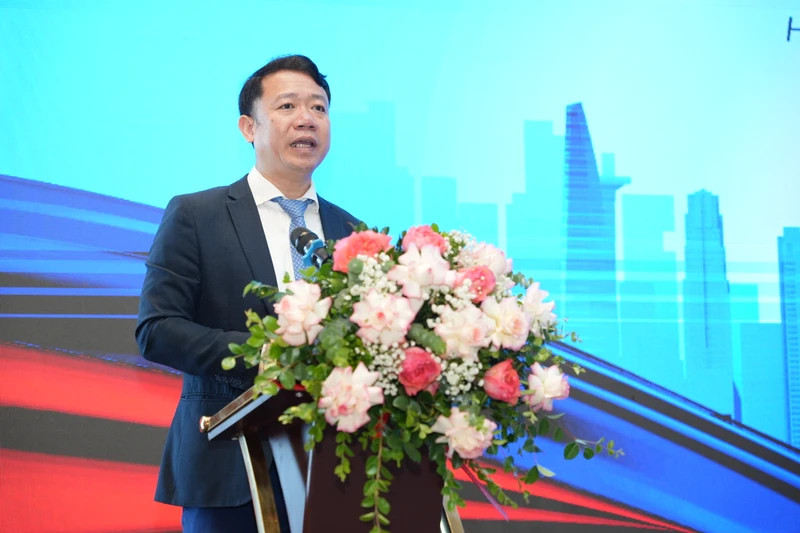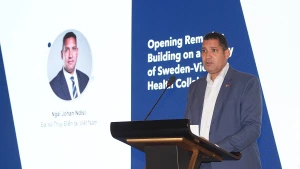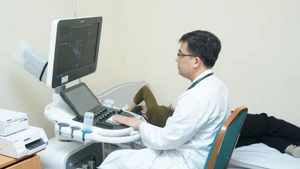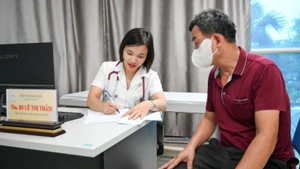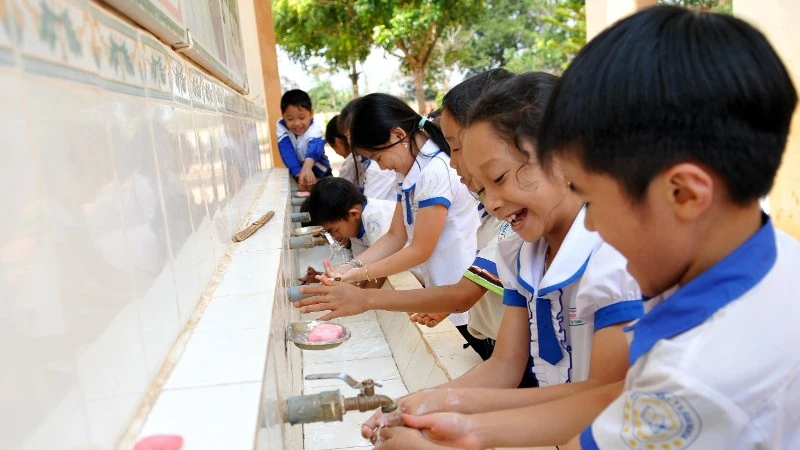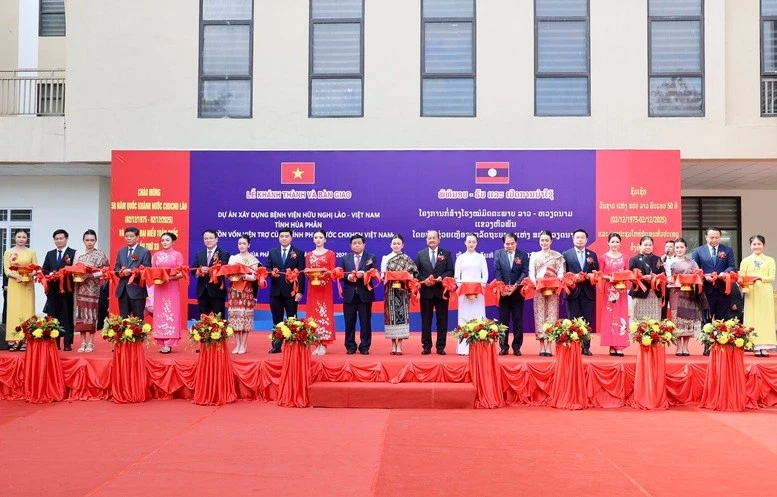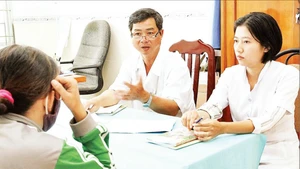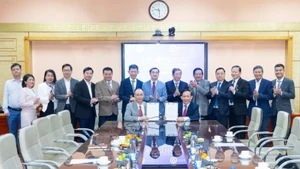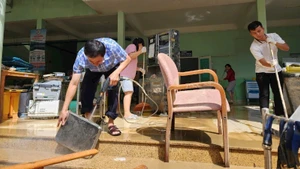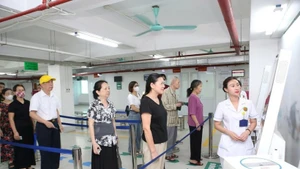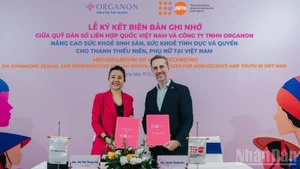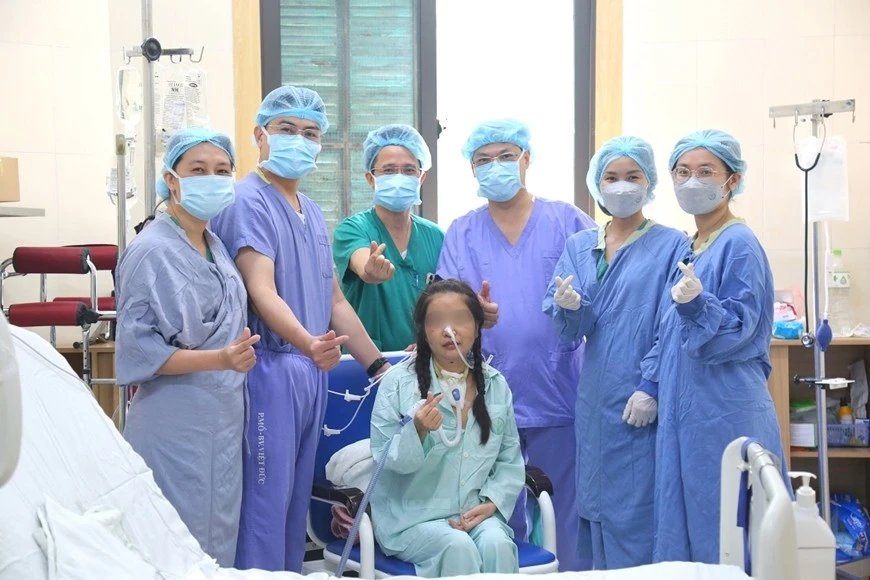According to Le Thanh Dung, Director General of the General Department of Population and a Member of the National Steering Committee for Population and Development, Vietnam's population is currently 100.3 million, of which the urban population accounts for 38.13%. Vietnam is in the golden population structure period, with 67.7 million people of working age, accounting for 67.4% of the total population. This is a large migrant force in Vietnam.
According to Vu Dinh Huy, a representative of the World Health Organisation in Vietnam, internal migrants currently face many health problems.
For the informal migrant group, it is often more difficult due to living conditions, working conditions, and working hours. This also includes work that is not controlled, tends to have an unhealthy lifestyle or has a high risk of contracting infectious and non-communicable diseases, including mental illness.
The migrants still face barriers and difficulties related to accessing health care services.
According to Vu Dinh Huy, solutions to support the health of internal migrants include measures to provide health knowledge and strengthen the social care network. This includes creating conditions for housing, education, hygiene, and health insurance, strengthening primary health care to develop policies/regulations on occupational safety, working conditions, and primary care facilities at companies, monitoring implementation as well as conducting periodic health check-ups.
Le Thanh Dung said that migrant health is a cross-cutting issue involving many levels and sectors, requiring a comprehensive, inter-sectoral solution with consultation from relevant parties.
Migrant health is also the health of businesses and the economy.
At the workshop, speakers and delegates focused on discussing and identifying some current demographic issues of internal migration and the relationship between migration and sustainable development, migration and employment, migration and social security, migration and gender, and especially towards improving migrant health, enhancing cooperation and participation of parties, sharing initiatives, good practices and making appropriate recommendations.
